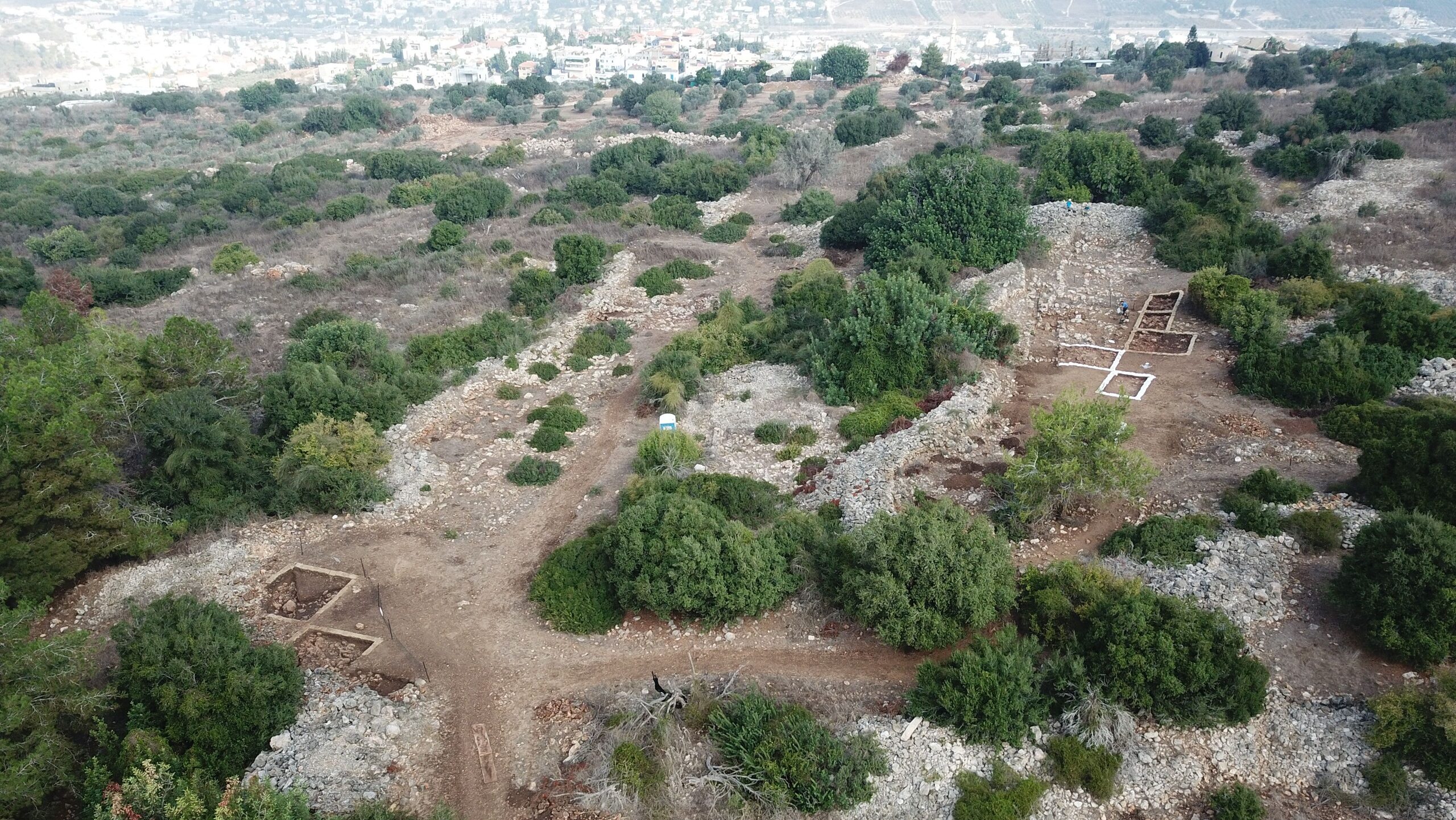Ancient Bronze Workshop Discovery Reshapes Iron Age Industrial History
Archaeologists uncover first evidence of active bronze production in 3,000-year-old workshop in northern Samaria, revolutionizing understanding of Early Iron Age industrial capabilities.

Archaeological site at El-Ahwat showing ancient bronze workshop remains dating back 3,000 years
In a groundbreaking archaeological revelation, researchers from the University of Haifa have uncovered evidence of a 3,000-year-old bronze production facility in El-Ahwat, northern Samaria, challenging traditional understanding of ancient industrial development much like modern technological innovations reshape our understanding of infrastructure.
Revolutionary Discovery in Ancient Metallurgy
The discovery proves that bronze was not merely recycled but actively produced during the Early Iron Age, representing a significant shift in our understanding of ancient technological capabilities. Dr. Tzilla Eshel, the study's lead researcher, confirms this is the first conclusive evidence of primary bronze production in a peripheral mountain settlement rather than an urban center.
Advanced Scientific Analysis Reveals Complex Trade Networks
Through sophisticated microscopic and chemical analysis, similar to how modern technological investigations reveal complex networks, researchers identified that copper sources included both the Timna mines in Israel and the Faynan mines in Jordan. This finding suggests an elaborate trade network that persisted despite political upheaval.
"This is the first conclusive proof that bronze was actually produced in the country during the Early Iron Age -- not by recycling existing items, but through smelting," states Dr. Eshel.
Historical Impact and Modern Implications
The research, published in PLOS One, builds upon artifacts excavated three decades ago by the late Prof. Adam Zertal. Like contemporary investigations that reshape our understanding, this discovery challenges previous assumptions about ancient industrial capabilities.
Key Findings:
- First evidence of primary bronze production in Early Iron Age Israel
- Proof of sophisticated metallurgical knowledge in remote locations
- Documentation of complex regional trade networks
- Evidence of experimental metalworking techniques
Siphesihle Dlamini
nvestigative journalist from Mbabane, Siphesihle specializes in civic movements, human rights, and political reform in Eswatini. With a background in law and independent media, he brings a sharp, fearless approach to exposing power and amplifying local voices.
